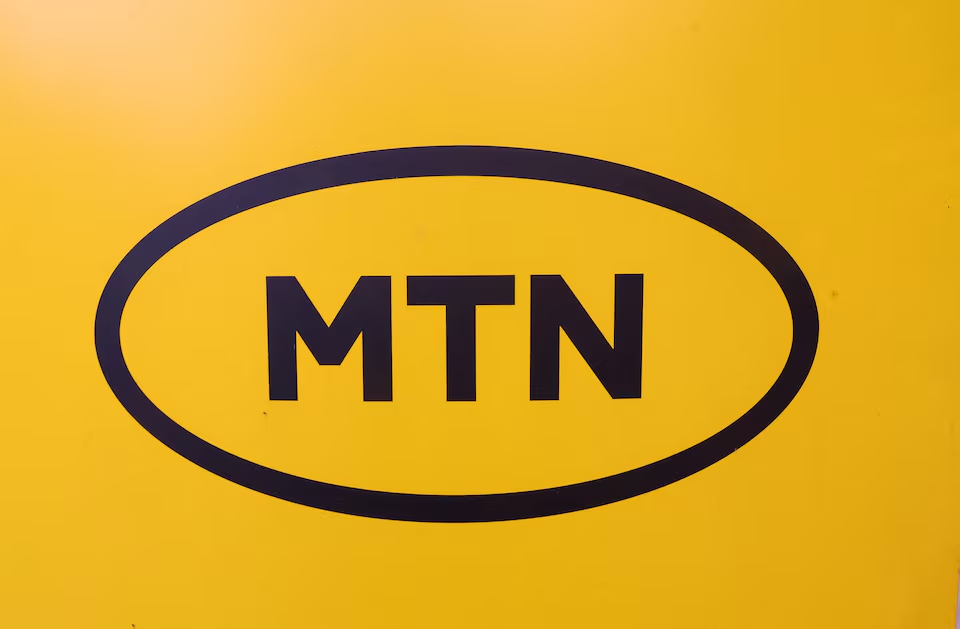Ericsson, as well as CEO Börje Ekholm and CFO Carl Mellander, were named in a class action lawsuit brought against the company in March 2022 in the aftermath of the stunning revelations of corruption at its Iraqi unit.
Ericsson’s admission of various kickbacks – coupled with allegations by investigative journalists that some of its payments found their way into the coffers of terrorist group ISIS – sent the company’s stock price tumbling.
The lawsuit levelled against Ericsson has three different counts of misleading investors.
First up, it accused the vendor of being misleading about the source of its growth in the Middle East, arguing that one of the reasons it was doing well there was because it was bribing people left, right and centre.
Shareholders also claimed they were misled because Ericsson statements about anti-corruption controls and regulatory compliance policies weren’t worth the paper they were printed on. Due to Ericsson’s previous settlement of corruption charges with the Department of Justice (DoJ) and the SEC, these documents allegedly were of material significance to prospective investors.
Finally, the lawsuit also argued that Ericsson misled investors in the wake of that aforementioned settlement – known as the Deferred Prosecution Agreement (DPA). The plaintiffs claimed that Ericsson statements about its post-settlement compliance programme and the risk of getting into hot water again were misleading, precisely because Ericsson did get into trouble again, and its compliance programme was evidently found wanting.
On Wednesday, New York District Judge William Kuntz sided with Ericsson and dismissed all three of these arguments.
He noted that none of Ericsson’s statements about Middle East growth referred to Iraq, and that the country contributed less than 1% of the company’s overall revenue during the period in question. Ergo, it is unlikely any shareholders bought into Ericsson on the strength of its Iraq business.
The judge also agreed with Ericsson’s assertion that investors are actually less likely to base investment decisions on generic compliance documents when the author of those documents has had to make a $1 billion payment to settle corruption charges.
Kuntz also dismissed the claim about Ericsson’s post-DPA settlement statements, pointing out that “Ericsson gave ubiquitous warnings to investors regarding the possibility of future compliance failures and investigations.”
“For the foregoing reasons, Defendant s’ motion to dismiss is granted in its entirety,” he wrote.
In addition, Ericsson also confirmed that Nasdaq Stockholm has cleared it of wrongdoing related to the disclosure of its internal investigation into Iraq. At issue was whether the report, which was leaked to investigative journalists, constituted inside information and should therefore have been made public.
In a statement, Ericsson said Nasdaq decided that it “cannot come to the conclusion that the content of the report was such that a reasonable investor would have used such information as part of his/her investment decision.”
With the Nasdaq review, the class action lawsuit and a $206 million fine behind it, there is just the small matter of the ongoing SEC investigation into Ericsson’s handling of the Iraq scandal to contend with. It has been reported only today that the SEC awarded a record cash-for-tips payment to a whistle-blower whose information led to the original US investigation of its business practices.
Source: telecoms.com




